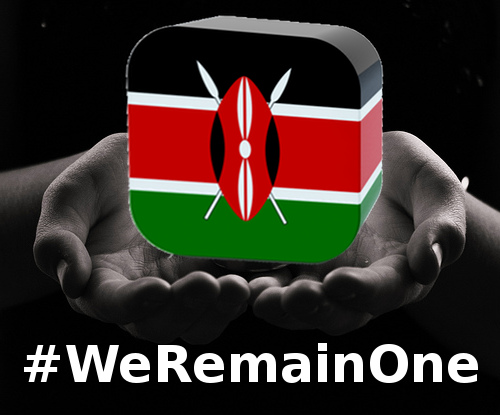Angela Merkel is an example of both Germany’s progressive and traditional values.
As the Chancellor of Germany since 2005, she recently topped Forbes Magazine‘s list of “The World’s 100 Most Powerful Women.” She has no children. This isn’t a criticism but it sends a message. To become a powerful women in Germany, you have to make sacrifices, and children is most likely one of them.
After my post about German parental benefits, I did some investigative journalism (read: hassled my German friends) to find out why a third of German women are not having children.
The truth is financial incentives are encouraging poorer German citizens to have children. The women who are opting out of starting a family are women with higher educations and careers and this is not effecting Germany alone. Studies show that as education increases women typically defer childbirth in pursuit of careers and higher paying jobs. I think Germany is a greater victim of this phenomena due to the widespread negative attitudes and systematic discrimination against working mothers in this country.
At first I didn’t realize this was such a problem, I was under the impression that Germany was a progressive country in all aspects including the modern family, but I was wrong. My first clue should have been during my interview. I was asked if I was married and if I had children. This came as a shock because in America questions like these are illegal to protect the employee against discrimination. My interrogator asked because I did not provide the information on my application. In Europe it is common practice to include your marital status, age, number of children and a photograph with your resume. Discrimination of any kind is enabled by the standard format of your resume.
Another clue came later, months into my current position during a management meeting. We were reviewing candidates for a leadership position and one woman was immediately disqualified. She had been described as an “unreliable element” because she had a small child. The other male managers nodded in agreement. When I looked around the table, I realized that all the men who were married with children had wives who were full-time homemakers. In talking to German peers it became clear that my company was not an anomaly, Germany in general still has antiquated ideas of motherhood.
A woman who desired both a career and a family was irresponsible, a mother’s proper place was in the home. This is also reinforced by the availability of childcare. Multiple states in Germany don’t offer full day child care or school, letting out at 1 p.m. This might be ideal for women who need a few free hours to run errands and clean house but clearly not for a woman aiming to be an executive.
Societal pressures forcing women to choose between career or family is something Germany can’t afford. Female students are making up a large percentage of the university graduates, placing them on career paths. Enabling and encouraging women to manage both will ensure a healthy economy in the near future and maintain population numbers they desperately need in the long term.
Nicole prides herself on being a world traveler, already visiting 23 countries on 5 different continents. She currently resides in Berlin, Germany, a city quickly identified as her kindred spirit. Today she is the woman behind nicoleisthenewblack.com, her personal travel and adventure blog. When not plotting her next adventure, Nicole can be found in her kitchen nurturing her reluctant domestic goddess. (She makes a great Red Velvet Cupcake)










